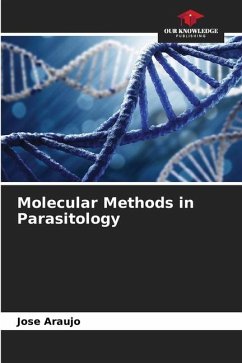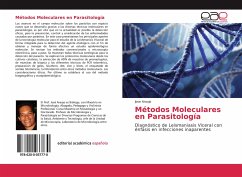Advances in the molecular field of parasites are a new space that is being developed thanks to the various molecular techniques in parasitology, which is why it is now possible to effectively detect, prevent, control and eradicate diseases caused by parasites. In this case we present the main contributions of molecular technology for the study of Visceral Leishmanisis in an integrated way for the detection of the aetiological agent in order to obtain and effectively manage a molecular epidemiological study. Conventional methods and electron microscopy are reviewed step by step. All serological techniques for parasite detection are demonstrated. Molecular protocols are explained from cell culture, DNA extraction from promastigote samples, biopsy samples and the different techniques of telomeric PCR, gel preparation, Southern blotting, dot, slot and blots, telomeric probe labelling, hybridisation and other molecular methods. Ethical considerations. Finally, the use of the biogeographical and ecoepidemiological method is established.
Bitte wählen Sie Ihr Anliegen aus.
Rechnungen
Retourenschein anfordern
Bestellstatus
Storno








